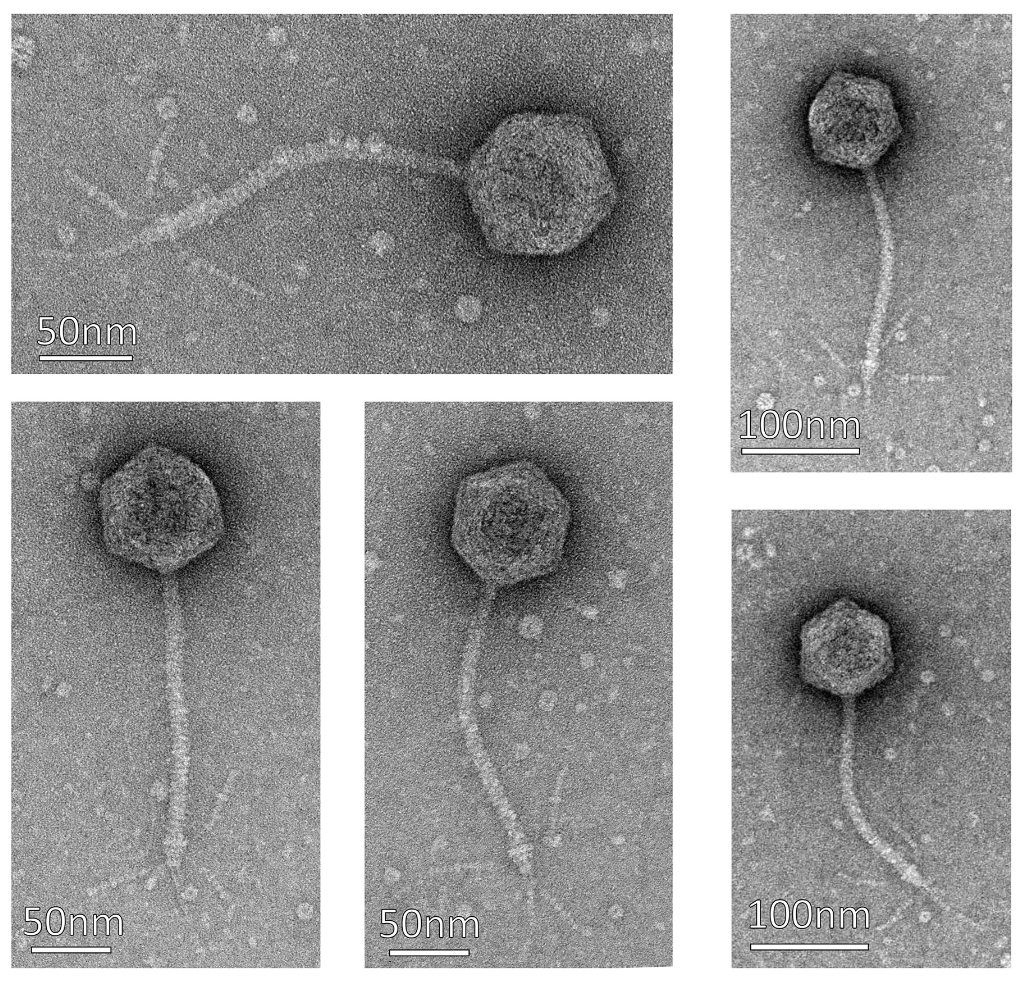In a recent development, the US Centers for Disease Control and Prevention (CDC) has raised concerns over an outbreak of infections caused by a highly resistant strain of Pseudomonas aeruginosa, a bacterium known to cause severe eye infections. This unique strain of P. aeruginosa, which is extensively drug-resistant, has resulted in four deaths and has caused vision loss in several individuals across 18 states. The CDC has identified the strain as carbapenem-resistant P. aeruginosa, producing the Verona integron-encoded metallo-β-lactamase (VIM) and the Guiana-Extended Spectrum-β-Lactamase (GES), a combination not previously seen in the United States.
In an update released by the CDC, the number of cases has risen to 81 individuals, with an increase in vision loss cases from 8 to 14. The gravity of this outbreak has prompted the CDC and the Food and Drug Administration (FDA) to issue a recommendation that clinicians and patients discontinue the use of three specific products: EzriCare Artificial Tears, Artificial Tears, and Artificial Ointment, all manufactured by Delsam Pharma of Mamaroneck, New York. In response to the outbreak, the manufacturer has also initiated a recall of these products.
One of the most concerning aspects of this strain is its resistance to a wide range of antibiotics commonly used to treat P. aeruginosa infections. Laboratory testing conducted by public health labs revealed that the outbreak isolates were not susceptible to various antibiotics, including cefepime, ceftazidime, carbapenems, and fluoroquinolones, among others. This limited treatment options and heightened the urgency of finding alternative approaches to combat these infections.
In light of these challenges, the CDC has highlighted a potential solution in the form of bacteriophage therapy, or phage therapy. Bacteriophages are viruses that specifically target and infect bacteria, offering a promising avenue for combating antibiotic-resistant bacterial strains. The Scientists have identified bacteriophages with activity against the outbreak strain at the University of California, San Diego’s Center for Innovative Phage Applications and Therapeutics (IPATH), as well as at the Yale Center for Phage Biology and Therapy. Clinicians who wish to explore the possibility of phage therapy for their patients are encouraged to reach out to IPATH for further information.
Phage therapy is an emerging field that holds significant potential for treating antibiotic-resistant bacterial infections. It involves the use of viruses that can specifically target and kill bacteria, offering a more targeted and tailored approach compared to traditional antibiotics. Bacteriophages can be selected or engineered to target specific strains of bacteria, making them a promising tool against highly resistant organisms like the carbapenem-resistant P. aeruginosa involved in this outbreak.
Bacteriophage (phage) with activity against the outbreak strain have been identified at University of California at San Diego’s Center for Innovative Phage Applications and Therapeutics (IPATH) and at the Yale Center for Phage Biology and Therapy. Clinicians interested in phage as a potential treatment option should contact IPATH at ipath@health.ucsd.edu or Dr. Jonathan Koff at the Yale Center for Phage Biology and Therapy at jon.koff@yale.edu.
CDC
While phage therapy is still considered an experimental treatment and requires careful evaluation, it offers hope in situations where traditional antibiotics have limited efficacy. The identification of bacteriophages with activity against the outbreak strain is an encouraging development, and clinicians now have an additional option to consider when treating patients affected by these infections.
The CDC’s recommendation to explore phage therapy reflects the urgent need to address the challenges posed by antibiotic resistance. By embracing innovative approaches like phage therapy and fostering collaboration between researchers, healthcare providers, and regulatory agencies, we can take significant strides toward combating the rise of drug-resistant bacteria.




